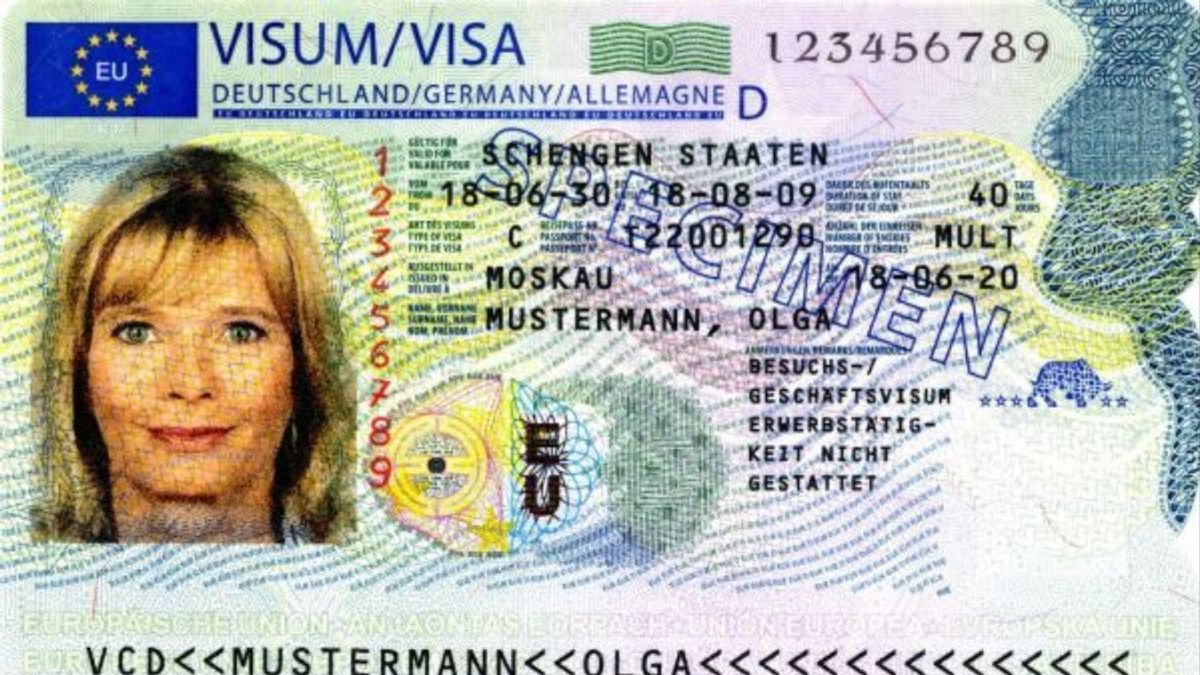JAKARTA - The EU's head of internal affairs warned Hungary on Thursday that easing visa restrictions for Russian and Belarusian citizens could potentially pose a security threat, saying he would take action if his concerns were not met.
Hungary last month expanded its "national card" immigration program, which included Russian and Belarusian citizens.
Cardholders are allowed to work in Hungary without a security clearance and can bring their families to the country.
The move sparked concern among EU officials, saying Russia and its Belarusian allies could leverage the scheme to send sabotage and spies into the EU-border-free Schenggen zone, as the bloc tried to isolate Moscow from the war in Ukraine.
"Russia is a security threat. We need more, not less vigilance," EU Internal Affairs Commissioner Ylva Johansson said in an X on Thursday evening.
"Today in a letter I asked the Hungarian government to explain. If their easy access scheme is risky, we will act," he stressed.
In his letter, Johansson asked Hungary to answer questions about the visa scheme no later than August 19, "given the potential threat to the Schengen region from this unilateral action".
He said it would bear "appropriate consequences" if the action violated EU law or endangered the function of the Schegen zone.
Johansson did not mention what action he might take. However, the European Commission, the EU executive body, could take legal action against member states if it was deemed EU law had been violated.
The incident reflects the broader tension between EU leaders and Hungarian Prime Minister Viktor Orban's Administration over Russia's war in Ukraine.
SEE ALSO:
PM Orban is known to maintain close ties with Moscow. Last month, he visited Russian President Vladimir Putin as part of a "peace mission" carried out without EU support, days after taking over from the head of the block.
Earlier, Hungarian Foreign Minister Peter Szijjarto said on Tuesday, Russian and Belarusian citizens still needed visas to enter Hungary, as well as to the Schengen region.
He said residence permits for Russian and Belarusian citizens needed to be ratified by the relevant authorities.
The English, Chinese, Japanese, Arabic, and French versions are automatically generated by the AI. So there may still be inaccuracies in translating, please always see Indonesian as our main language. (system supported by DigitalSiber.id)


















